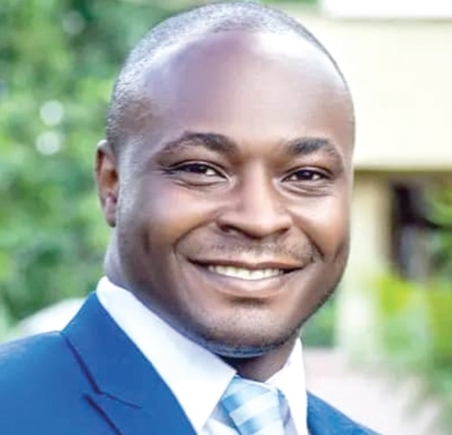Many children in the country are exposed to pornographic material online, but schools lack comprehensive education on online safety and digital consent to protect them, the latest study by the Ghana Internet Safety Foundation (GISF) has revealed.
According to the research, 38 per cent of children receive messages containing links to pornography-rated websites while 22.7 per cent of them receive unsolicited sexual messages or explicit images online.
The nine-month study conducted by GISF involving 2,500 children, 500 parents and 250 teachers, assessed the extent of children's exposure to explicit online content, their understanding of sexual risks and the role of digital safety education in mitigating those dangers.
The study established that 25.5 per cent of children opened messages containing explicit images of naked individuals or sexual acts that they did not want to see.
Even more worrying, the study showed that children as young as nine years old have been exposed to online pornography.
The research also revealed that 17.8 per cent of children reported knowing someone who was asked to provide sexual information online and about 13 per cent of them were personally asked to share explicit images or engage in inappropriate online interactions.
While many children continue to be exposed to pornographic material online, the study showed that only 15.34 per cent of them felt confident enough to report incidents of online sexual exploitation to a trusted adult.
The research further said about 36.4 per cent of children believed that they know more about the internet than their parents, highlighting a major digital literacy gap.
“The findings highlight an urgent need for coordinated action among parents, educators, policymakers and technology companies to safeguard Ghana’s children from the erosion of their innocence in the digital age,” the study stressed.
It added that the increasing prevalence of online solicitation and sextortion in the country was particularly concerning, as it suggested that predators were actively targeting children who lacked the awareness or confidence to report such incidents.
Reversing the trend
In an interview with the Daily Graphic, the President of GISF, Emmanuel Adinkra, said the findings of the study were a wake-up call for schools to introduce age-appropriate and culturally relevant sex education, covering online safety and digital consent to protect children from exposure to explicit sexual material.
He said the early exposure of children to pornography had long-term consequences on their development, understanding of sexuality and vulnerability to online sexual exploitation, including child sexual abuse material (CSAM).
Again, he said without structured sex education, parental engagement and strong legal protections, children would remain highly vulnerable to online predators, misinformation and exploitative digital environments.
Mr Adinkra also stressed the need for all stakeholders to prioritise online child safety as a national emergency.
“The protection of children in Ghana’s digital space must be a collective responsibility, ensuring that every child can access the internet safely, free from exposure to harmful content or exploitation,” he said.
The GISF President observed that while increasing access to the internet was a potent tool children relied on for education, communication and entertainment, it was worrying that many of them were left unprotected from harmful content.
He said the continuous exposure of children to explicit material online could be attributed to gaps in sex education, limited parental oversight and insufficient digital safety awareness.
“The lack of comprehensive sex education in Ghanaian schools and homes further exacerbates the issue.
Many children receive little to no formal education on sexuality, online safety or digital consent, leaving them vulnerable to manipulation, coercion and exploitation,” he said.
Stakeholders’ role
Mr Adinkra underscored the need for stakeholders, including teachers, parents and community members, to work closely together to protect children online.
Specifically, he said teachers must receive specialised training on child online protection, equipping them with the skills to identify, address and prevent online exploitation.
Again, he said parental engagement was critical, with nationwide digital literacy programmes needed to educate parents on monitoring internet use, recognising online risks and initiating open discussions about online safety with their children.
“Community awareness campaigns should normalise conversations about pornography exposure and its dangers, ensuring that children receive accurate information and supportive guidance at home,” he added.
The GISF president also called for the establishment of stronger legal and policy frameworks to combat online child exploitation.
He also said it was important to prioritise law enforcement by creating specialised investigative units focused on tracking online predators, preventing sextortion and dismantling CSAM distribution networks.

